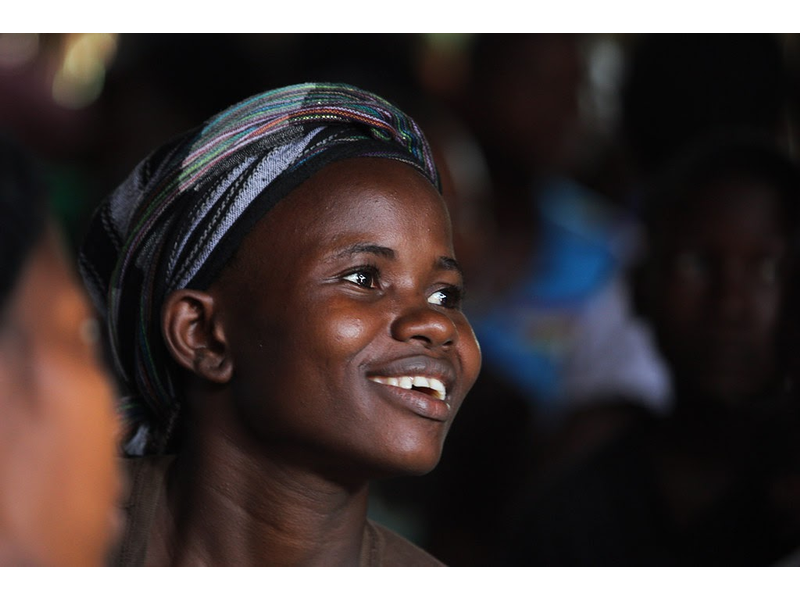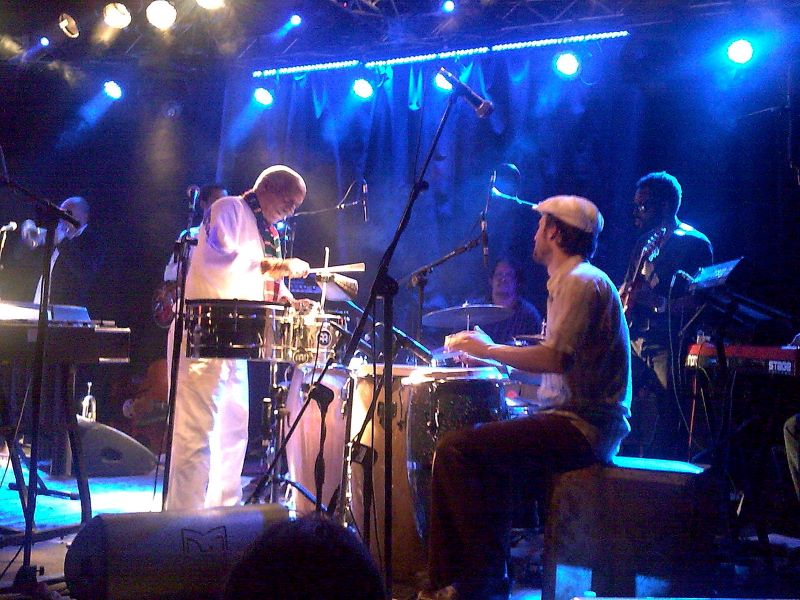Today, in 1961, the West African country of Sierra Leone achieved independence from the British. Let’s celebrate the country’s independence by exploring the role of abundant natural resources in the country, resistance to slavery, and its growing legacy of African diaspora repatriation.
Globally, we see countries that are abundant with natural resources plagued by human greed and capitalist ideologies. Sierra Leone is no different. The country’s soil births natural resources like gold, iron ore, bauxite, platinum, and diamonds. Corruption and desire to control the country’s resources have had deadly consequences in Sierra Leone, also known as ‘Salone’.

(A Sierra Leonean diamond)

(A young boy in Sierra Leone)
Sierra Leone has a long history with repatriation. In 1772, British abolitionists founded the colony of Sierra Leone, initially called the ‘Province of Freedom’, to send freed slaves back to the continent. During the Antebellum period, The American Colonization Society (ASC) looked to Liberia and Sierra Leone as a place to reestablish displaced Africans in West Africa. ASC sent Africans to Sierra Leone, and these populations mixed in with other expatriates sent to the country by the British, which included Maroons from Jamaica, African-Americans who fought for the British in the British Army, over 85,000 newly freed Blacks who were forced to move after Britain outlawed slavery, and more. This population is now known as the Creole or Krio tribe.
In 1839, a group of Mende people successfully overtook their Spanish captors on the Amistad ship, and the historical court case that followed was a turning point for the legacy of slavery. By 1841, the United States Court ruled that because these Mende people were illegally captured, they could not be enslaved, and were to be sent back to Africa.
The Gullah Geeche people of North Carolina and Georgia are a historic group of descendants of enslaved Central Western African people, including Sierra Leoneans, who successfully retain Africanisms through language, dance, and their ways of life. Some Gullahs also relocated to Sierra Leone after emancipation.

(A Sierra Leonean girl carries leaves)
Currently, migration to Sierra Leone is increasing. The government has declared that African-Americans who are able to trace their roots back to the country are eligible for Sierra Leonean citizenship.
Groups like BSANI (Black Star Action Network International) are working to provide people of the African diaspora with resources to resettle in the country. Explore their work here: https://bsani.org/about-us/.





